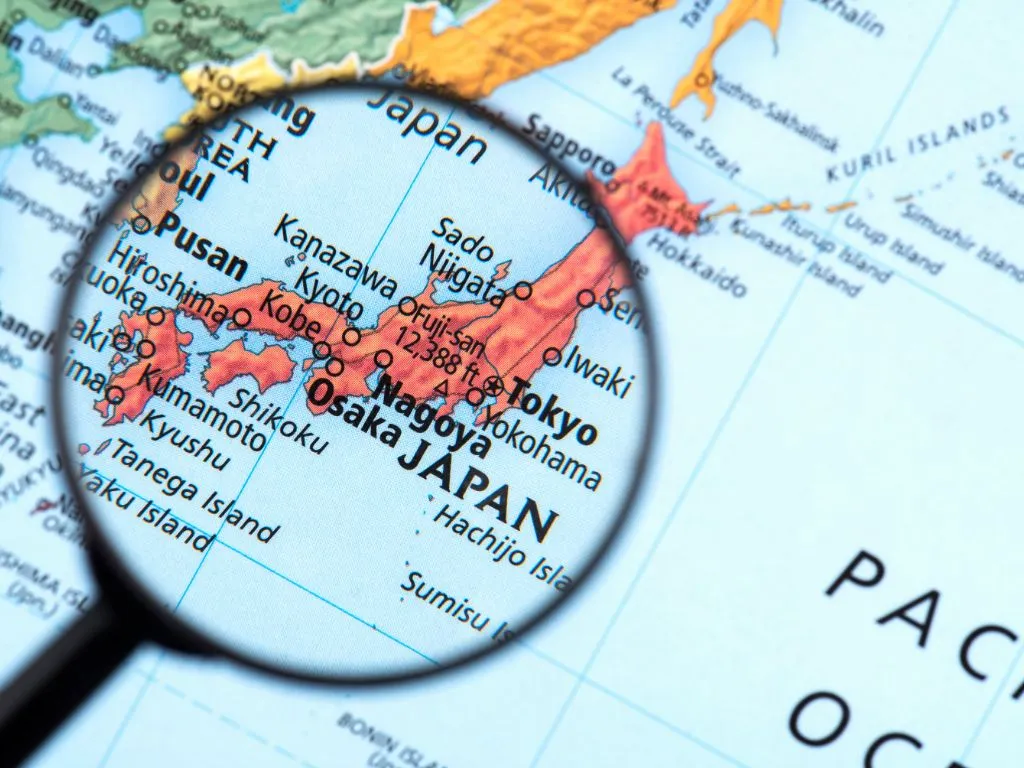- Home
- News Details
News Details

Japan Revises Food Additive Standards in the Food Sanitation Act
2024-08-30 Reference source : Ministry of Health, Labour and Welfare (MHLW), Ministry of Economy, Trade and Industry (METI) and Ministry of the Environment (MOE)-Japan
METI MHLW Food Additives Ministry of Environment MOE
Japan Revises Food Additive Standards in the Food Sanitation Act
On 28 August 2024, Japan’s Consumer Affairs Agency (CAA) notified the World Trade Organization (WTO) of the revision of food additive standards in the Food Sanitation Act. These changes include the removal of certain use standards for methyl cellulose and updates to the storage guidelines for dimethyl dicarbonate.
Some Background
Under Article 12 of the Food Sanitation Act 1947, designated food additives may be sold as per the Prime Minister. However, Article 13 of the Act establishes the standards for food additives in accordance with the Ministry of Health and Welfare Public Notice No. 370 of 1959, which forbids the sale of such additives unless they meet the requirements. The Committee on Food Additives of the Food Safety Standards Council in response to a request from the Prime Minister of Japan, has removed the use guidelines for methylcellulose and updated the storage guidelines for dimethyl dicarbonate.
Removed Use Standards for the Methyl Cellulose
|
Previous Condition |
Revised Condition |
|
The maximum limit of use in food is 2%.
|
The use standards for methyl cellulose are removed, while the existing standards for other additives are revised. |
|
A limit of 2% must not be exceeded when methyl cellulose is added with one or more following additives: calcium carboxymethylcellulose, sodium carboxymethylcellulose and sodium carboxymethylstarch in foods. |
When calcium carboxymethylcellulose, sodium carboxymethylcellulose and sodium carboxymethylstarch are used as whole or in combination, the total limit must not exceed 2% in foods. |
Revised Storage Standards for Dimethyl Dicarbonate
|
Previous Condition |
Revised Condition |
|
Store the chemical in a hermetic container at 20–30°C |
Store the chemical in a hermetic container ≤ 30°C |
Comment Period and Enforcement Dates
The 60-day comment period ends on 26 October 2024. The revised standards will take effect 6 months after their official publication in the gazette.
We acknowledge that the above information has been compiled from Ministry of Health, Labour and Welfare (MHLW), Ministry of Economy, Trade and Industry (METI) and Ministry of the Environment (MOE)-Japan.
Global Product Compliance (GPC) specializes in Global Regulatory Compliance Solutions across sectors
globally. SSS Europe, a familiar name in chemical regulatory and compliance services now formally belongs
under the umbrella of GPC Holding Sweden.
Since 2008, we have emerged as one of the leading names among Global Regulatory Compliance Service
Providers with Representation services in Europe, Asia and Middle East for respective chemical
regulations.

 Twitter
Twitter
